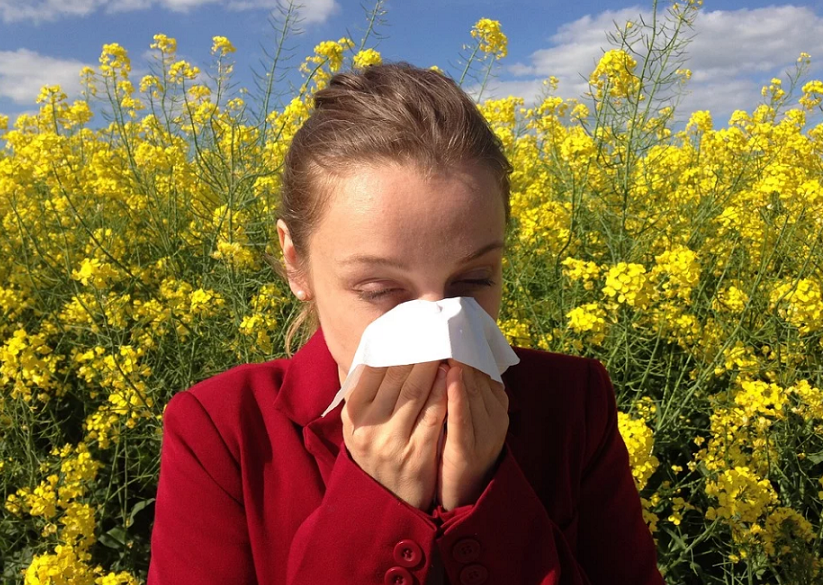
Why So Many People Are Affected?
When I was a teenager (too many decades ago), I never heard of people being allergic to peanuts, sea-food, milk or to pets or dust or pollens. But now days there are so many people suffering from so many allergic reactions and food intolerances, from asthma or skin issues such as eczema and vitiligo among many others. In fact, over the last few decades these and other type of diseases have rose dramatically worldwide and foods, drugs and all sort of allergies are on the rise at an alarming rate. There have been several efforts to explain the reason why, but only on the last few years research and labs have clarified their causes and the crucial key factor: gut microbiome.
What gut bacteria has to do with all that?
Our gut microbiome is in charge, so to speak, of keeping our immune system at its best. When there are alterations of such bacteria, the aftereffects would weaken the gut wall triggering autoimmunity and causing allergies and intolerances. How can that be avoided? Which are the true key factors affecting this connection between microbe health and gut bacteria? And can we repair and rebuild gut microbiome functionality and improve immune system response?
To keep it simple, an imbalance between the types of organism present in our gut can disrupt mucosal immunological tolerance, the interaction between gut microbiome and the immune system is affected. Therefore, disrupted gut microbiome predisposes to food allergies and intolerances and the repair of the gut wall and the restoration of the microbiome are key in the treatment of these conditions.
Our KEY FACTOR 1 and 2 remedies have been designed with these aims in mind. When the gut microbiome goes back into balance then, the immune system is strengthened as a result, in turn, allergies and intolerances may disappear and a satisfactory health outcome surprises and delights of the affected people.

